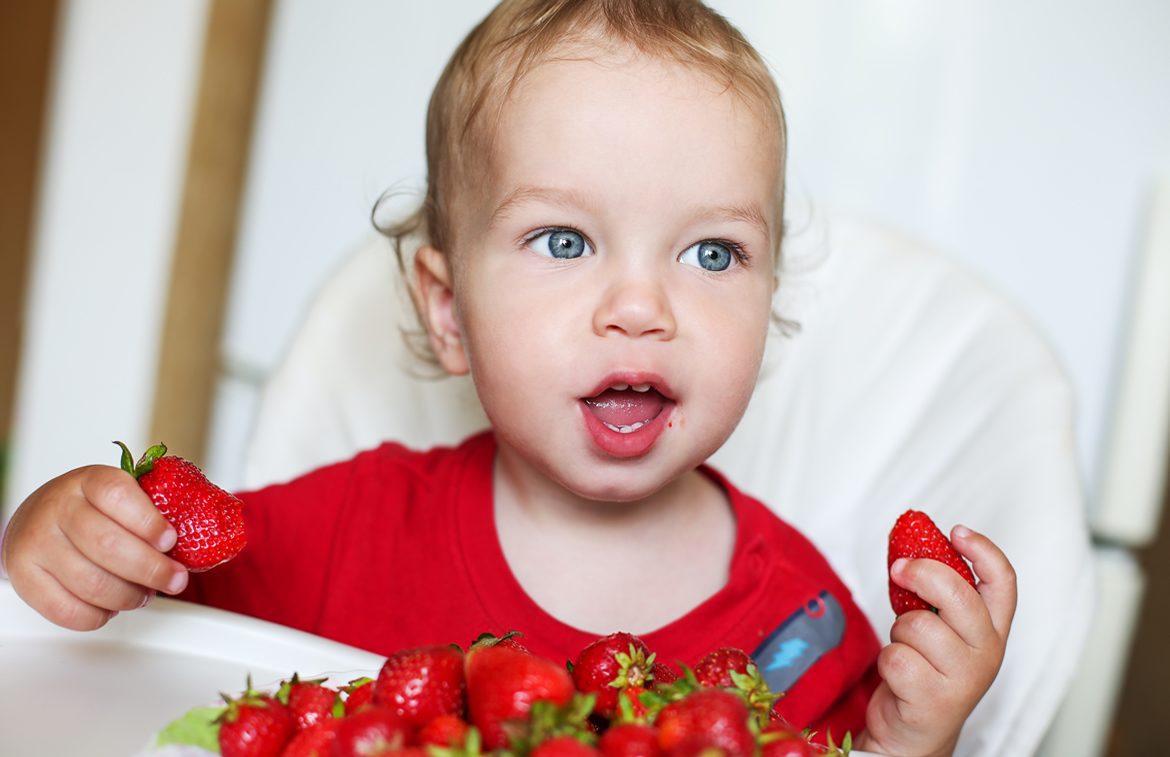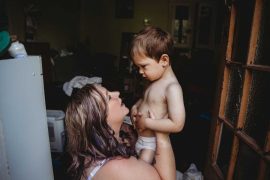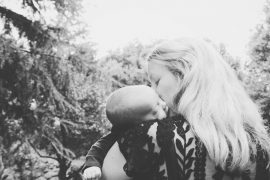By L.R.Knost
On a recent trip to the park, I overheard a parent ranting and raving about a little one “being a brat and always pitching fits.” It took me less than two seconds of looking at the child to realize his mother had put him down on hot asphalt without shoes on, and his ‘fit’ was actually cries of pain as he danced around trying to keep his poor little feet off the asphalt while trying to push past his mummy to get back into the car. In a few years this mother will wonder why her ten-year-old is always so sullen and silent.
Later the same day in the supermarket, a three-year-old asked her mummy what plastic wrap was for. The mother rolled her eyes and snapped, “For wrapping food in plastic, duh.” A few years from now, this mother will confess to a friend that she has no idea why her nine-year-old is so mouthy and rude.
You may also like: “Quit Crying” and Other Phrases You Should Stop Saying to Your Kids
Minutes later, a two-year-old riding past me in a shopping cart pointed at a toy and babbled in her cute baby language, looking at her daddy with a delighted smile. Her father ignored her first few attempts to get his attention, then finally barked, “Shut up!” without ever looking at her. In a few years this father will complain to his co-workers that his teen aged daughter never talks to him.
Communication in my son’s Tae Kwon Do classes is called, “The link between the world and me.” In the parent/child relationship, communication is entirely…hear this…entirely the responsibility of the parent. From the moment a child enters the world, they are trying to communicate. Crying, grunting, making eye contact, mirroring expressions, all of these things are the instinctive tools built into infants to reach out into a brand new world and make contact. They can do no more. It is entirely up to the parent to make the connection, to respond, to build those all-important ‘lines of communication’ that will be so vitally important to parents in later childhood. Communication is not something that just happens. It is not something that begins when a child becomes verbal, and it’s not a product of a child’s advancing maturity. Communication is a process, a relational building block, a result of intentional and responsive parenting.
Crying is often mischaracterized as manipulation, and adults are certainly capable of using it that way. But to project such motivations on a baby is to grant them a level of skill and control far, far beyond their capabilities, and that is a potentially disastrous mistake. A parent’s perception of the motivation behind their child’s behaviour is often the single most powerful determinant of the parent’s response. And the parental response or lack of response to a nonverbal child’s cries either builds or damages their communication and connection. There is no in between, no neutral.
Babies cannot and do not manipulate. They communicate. Listen. Respond. You aren’t being manipulated. You are being a parent.
And hear this well, parents, your relationship with your teenager is being established now, while your child is still a toddler. Your discipline issues with your nine-year-old are being minimized or intensified right now, while he is reaching out to you in infancy. Preschooler’s tantrums are being moderated or exacerbated at this moment by your response or lack of response to your baby’s cries.











